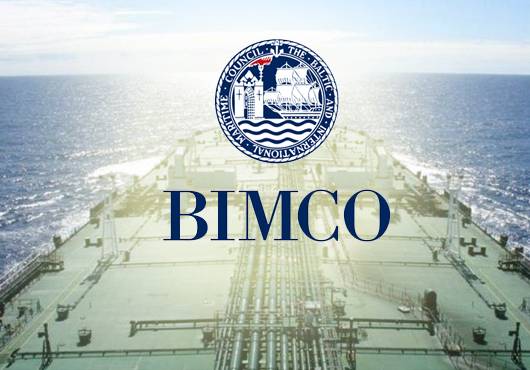Oil product tanker earnings are the lowest since Q3 of 2014 and could drop even further but there is still money to be made in the second half of this year, according to BIMCO.
The reason for this decline is oil product tanker fleet growth coupled with slowing down of oil product stock building seen at the end of 2015 and early 2016, according to BIMCO’s Chief Analyst Peter Sand.
The oil product tanker market has reached a net fleet growth of 4.3m dwt so far in 2016, being in line with BIMCO’s full estimate of 8.5m dwt for the full year 2016. As in 2014 and 2015, the main drivers of the total growth continue to be the MRs and LR2s, BIMCO said.
With a net fleet growth of 5.8 percent in 2015, the oil product tankers are looking to continue the trend of elevated supply growth with three percent growth so far in 2016 – the full year BIMCO expects 6 percent.
“Based on the current and anticipated new orders, BIMCO expects the net fleet growth in 2016 to be around the same level as in 2015 and likely to come down in 2017,” BIMCO’s Chief Analyst Peter Sand said.
“While oil product production has been running ahead of end consumption, oil product tanker demand has risen above trend,” he added.
According to BIMCO, all four oil product tanker segments have experienced an overall decline in earnings in 2016, with the LR2 seeing a 54 percent decline from USD 33,966 per day from 1 January 2016 to USD 15,703 per day on June 24, 2016.
The demand growth for global oil according to The International Energy Agency (IEA) is up by 1.4 million barrels per day (mb/d) year on year for Q1 2016, compared to the previous expected 1.2 mb/d. Furthermore, they expect the demand and supply for global oil to be in balance in Q3 2016.
“The increase in global oil demand and eventual levelling out over supply of oil means we will stop building stocks. We may even begin to draw down on the swollen stocks. This in turn presents an outside risk to the oil product tanker market. However, we could also see the new stock levels become permanent and so the tanker demand will not be affected in this way. Only time will tell how the dynamics will play out,” Sand said.
Copyright Ships & Ports Ltd. Permission to use quotations from this article is granted subject to appropriate credit given to www.shipsandports.com.ng as the source.

